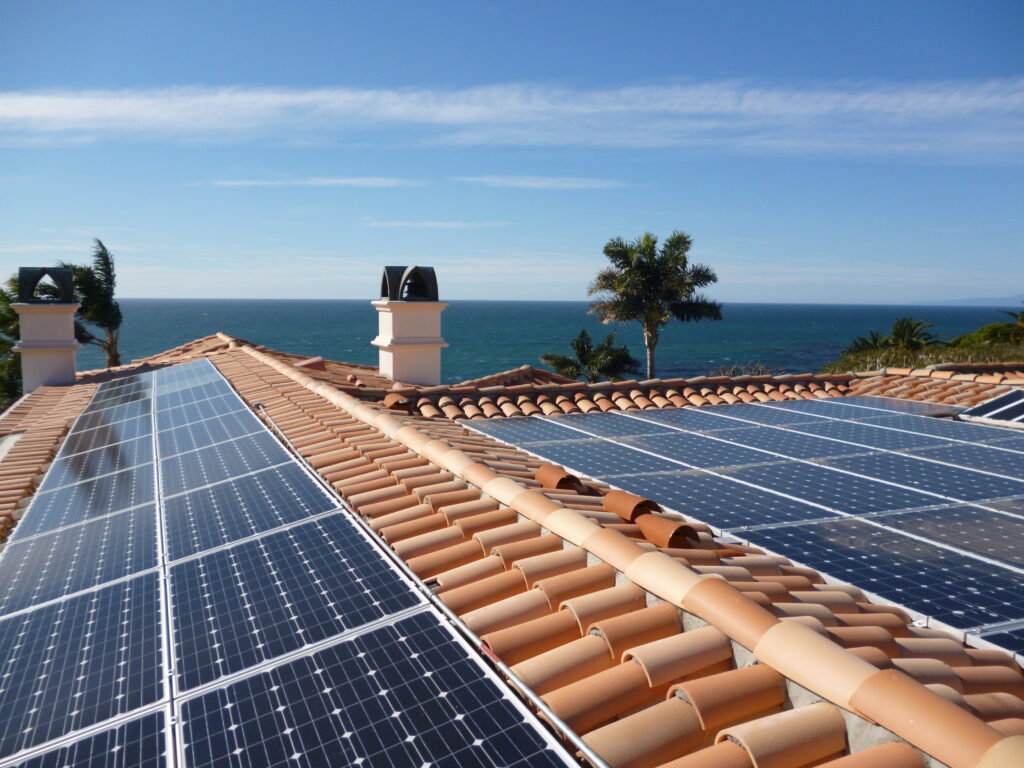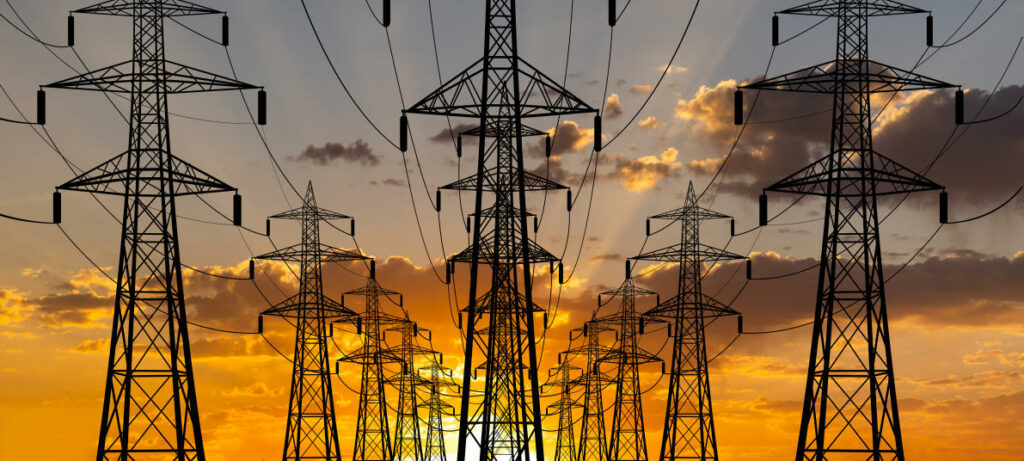The Sunday Times reports that the British government, which is thrashing about ataxically on climate including overpaying small-scale wind farms by a factor of seven, and not coincidentally planning to double electricity prices, is considering a carbon tax to replace the EU emissions scheme currently in force if it manages to thrash its way ataxically to an actual Brexit. “However, the move has alarmed some environmental groups who fear a carbon tax could become subject to political pressure, like fuel duty, which could make it less likely that Britain meets its 2050 net-zero target.” It's not obvious how something could reduce a probability that was already zero to some lower, negative number. (And by the way the Guardian, whose climate antics generally amuse us, does have a relevant point in mentioning that the British government promised wind energy would power every home in Britain in 2020 back in 2007. How’s that working for you?) But these groups are right that it will be subject to political pressure, because when the time comes to pay carbon taxes they are very unpopular. Just as cap-and-trade schemes are, and everything else in which government is involved. How can it continue to be a surprise, instead of being taken for granted when considering the design of any policy?
The notion of the state as omniscient, omnipotent and benevolent, basically God but a lot less demanding, is surprisingly hard to shake out of people’s minds especially given how hard it is to shake any evidence for it out of history or indeed current events after deep study or for that matter a casual glance. But of course governments respond to political pressure. It’s the whole point of self-government. Even tyrannies pay some attention to the public mood. Here they’re answerable to constituents. And rightly so; what sort of system would we have if governments just ignored voters?
That governments pay attention to constituents is also the whole point of public choice theory, because people in government respond to incentives just as those in the private sector do. But the incentives are inherently different, being primarily about power and votes rather than profits, and far easier to get wrong. Yet we continue to devise one program after another on the assumption that it won’t happen, that pure motives will brush aside self-interest. They won’t.
So here the green groups are right about political pressure shaping carbon taxes. But it ought to occur to them that it also shapes cap-and-trade and everything else.



No Boris I do not want a wind turbine powering MY home. I didn't ask for it. Governments rarely get anything right, we are always having to put up with their incompetence. This weekend I had a Samizdat from the GWPF to say that a warning of a possible shortage of electricity due to lack of wind had been issued. The conventional power back-up system wasn't working properly so it couldn't be used to cover. Now this is real incompetence. This is what happens when you put all your eggs in one basket. Don't trust governments, they'll mess it all up. That's why it's climate change policy that we fear, not climate change itself.